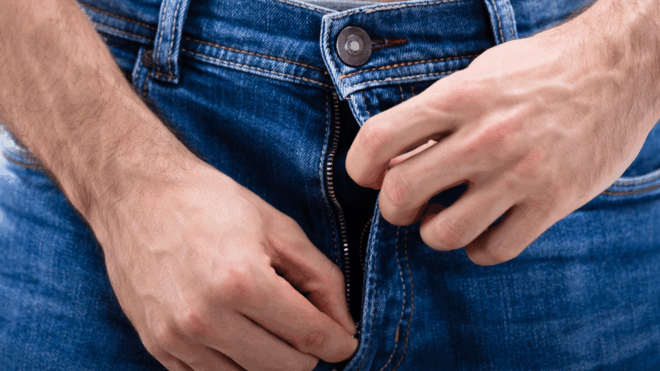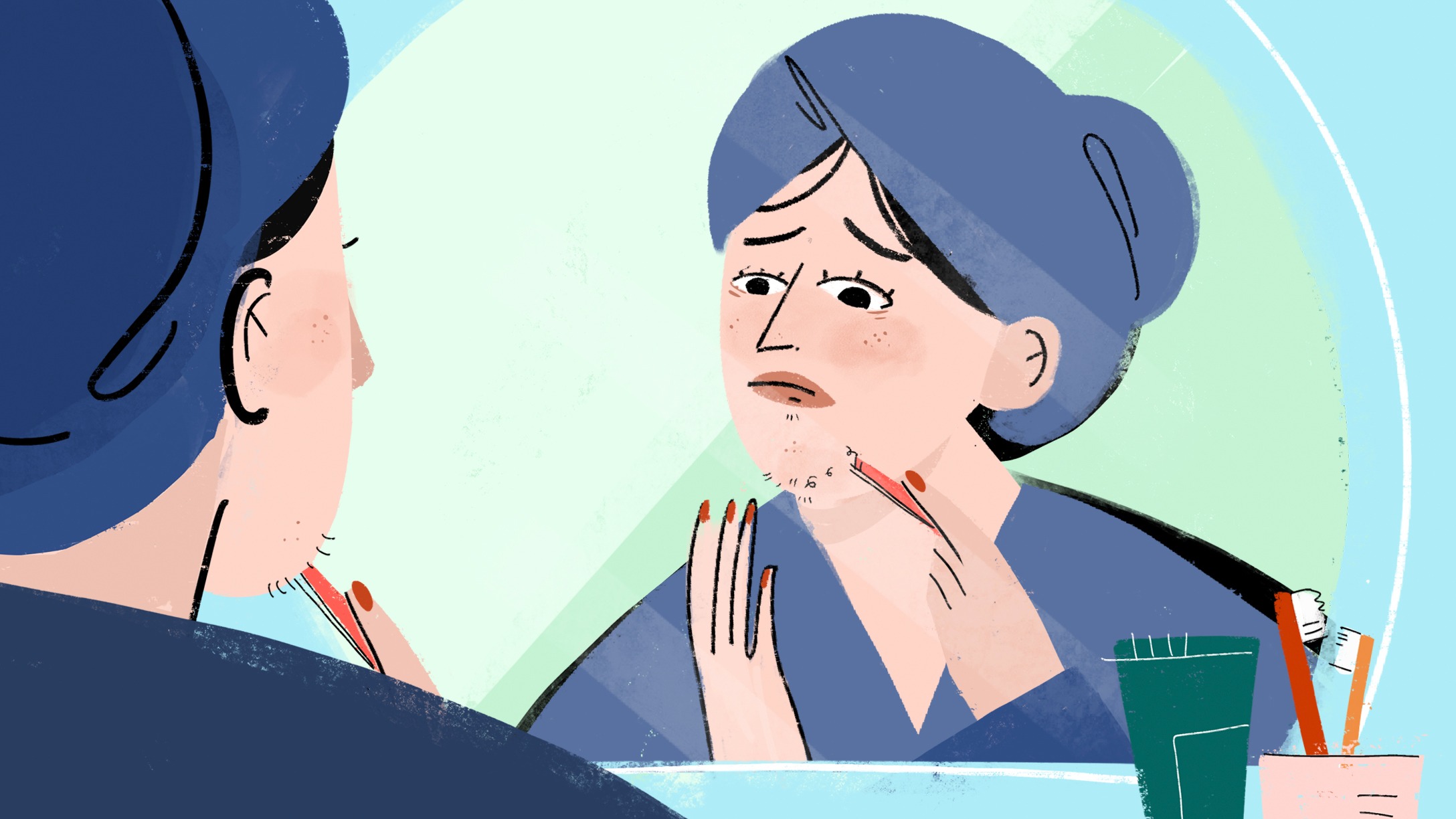
A woman’s hair is her glory, or so the old expression goes. But while thick, healthy hair on your head is a badge of honor, women often have different feelings about hair they find on their faces, such as chin hair.
While we all admittedly have hair that grows in strange places, most of it is easily hidden, easily detected, or easily removed.
Chin hair, on the other hand, can go unnoticed for a long time, since it’s hard to spot without unnaturally straining your neck in the mirror.
The thought of whiskers growing on my chin never even occurred to me until I had a conversation with my friend, who was complaining about hers. Lo and behold, I discovered a few wisps of my own later that night.
Hair poking out of your chin can be a minor annoyance, but rest assured, most of us have experienced it. However, it can sometimes be an indication of something more serious happening under the surface.
Keep reading to learn more about your chin hair — and what it says about your health.
Is It Normal To Have Chin Hair?
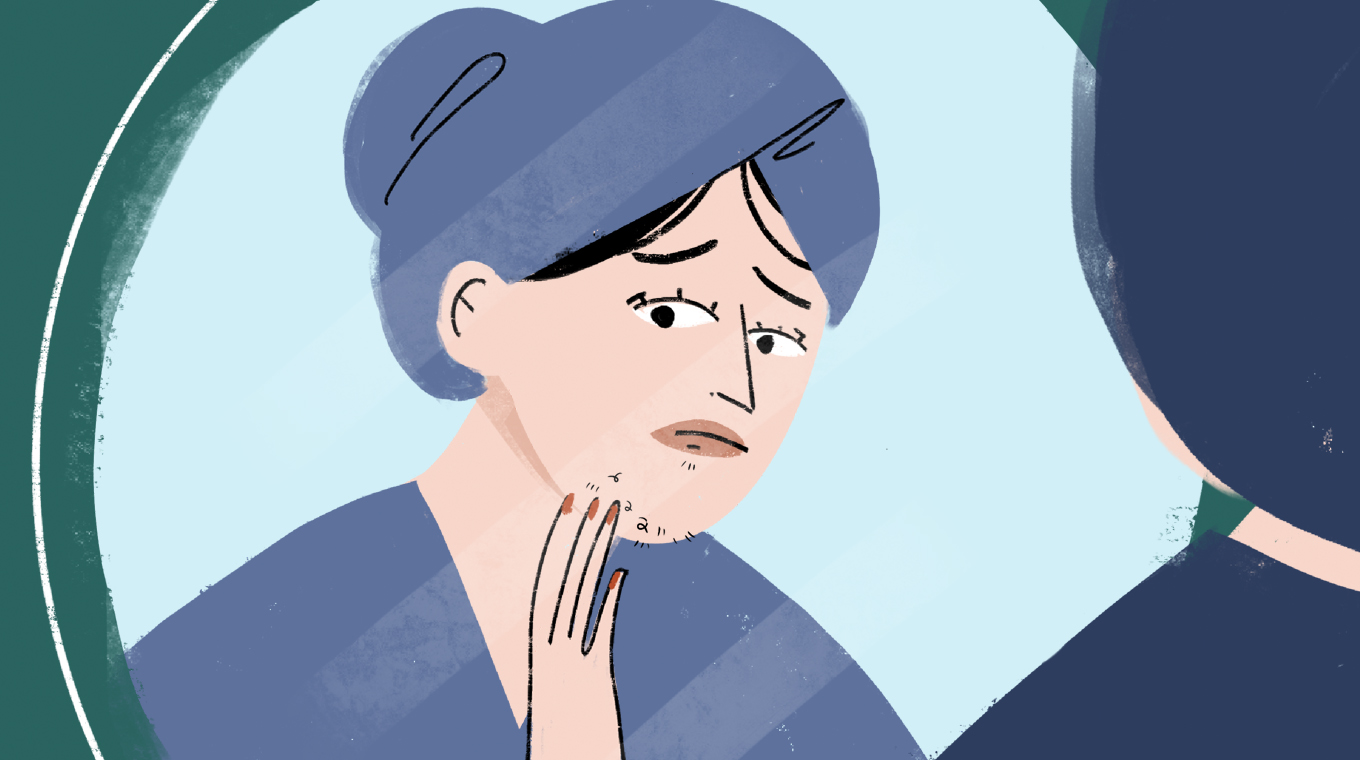
If you have a few stubborn whiskers, don’t worry: You aren’t alone!
Dr. Dendy Engelman tells Glamour that a few chin hairs are just part of the deal for most women. So don’t worry about those two bristly hairs that come in every month; they’re totally normal.
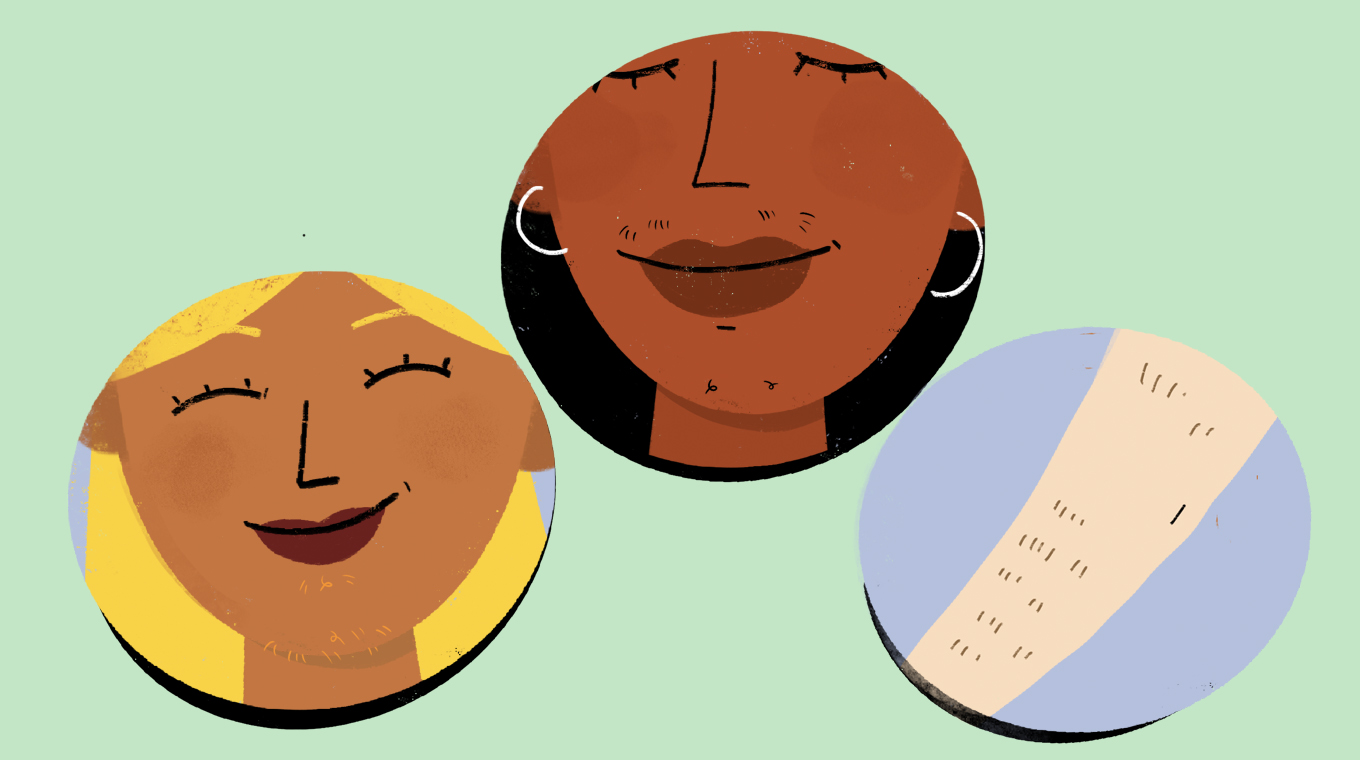
However, if you’re dealing with more than the occasional stray strand, you may have “hirsutism.”
According to the Mayo Clinic, hirsutism is a condition where women grow stiff, dark body hair in atypical spots.
Hirsutism isn’t dangerous on its own, but it might indicate that your body is trying to tell you something about a bigger underlying health problem.
Cause No. 1: Genetics
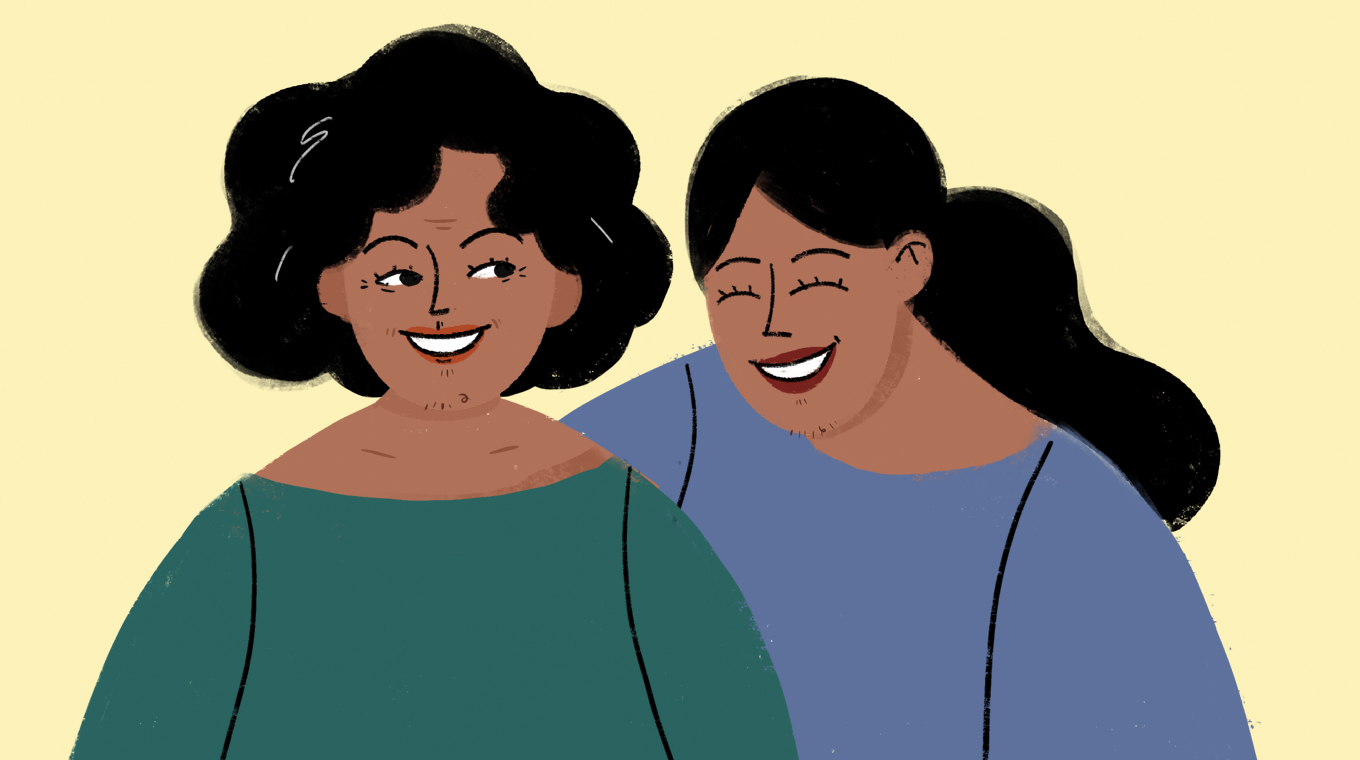
Like many things in this life, chin hair can be a genetic trait, resulting from a combination of genetics and hormones.
If you’ve ever noticed facial hair on your grandma or mother, then you might notice the same thing on your own chin at around the same age.
Cause No. 2: Hormone Imbalances
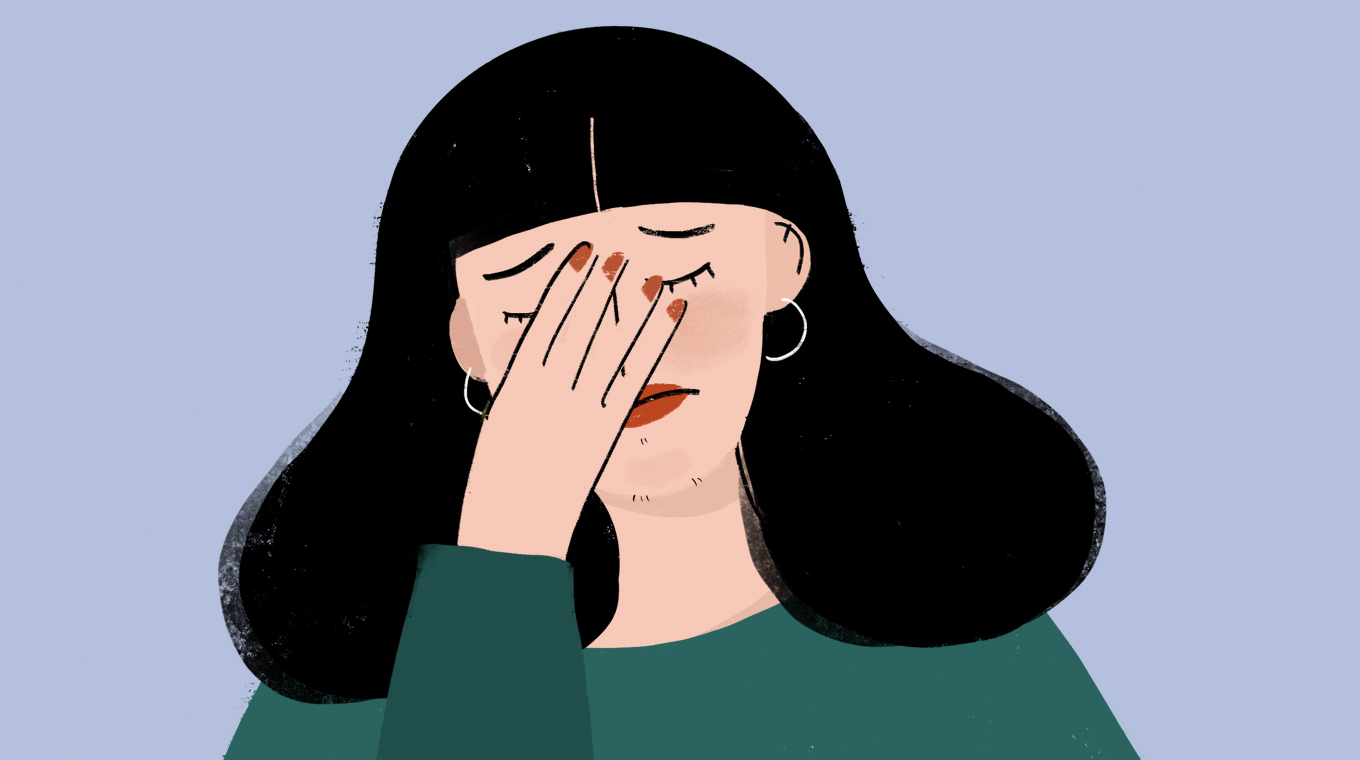
When your body acts strangely, the answer often has to do with your hormones. Chin hair is no exception.
An overabundance of male sex hormones, called androgens, is sometimes to blame for those stubborn hairs.
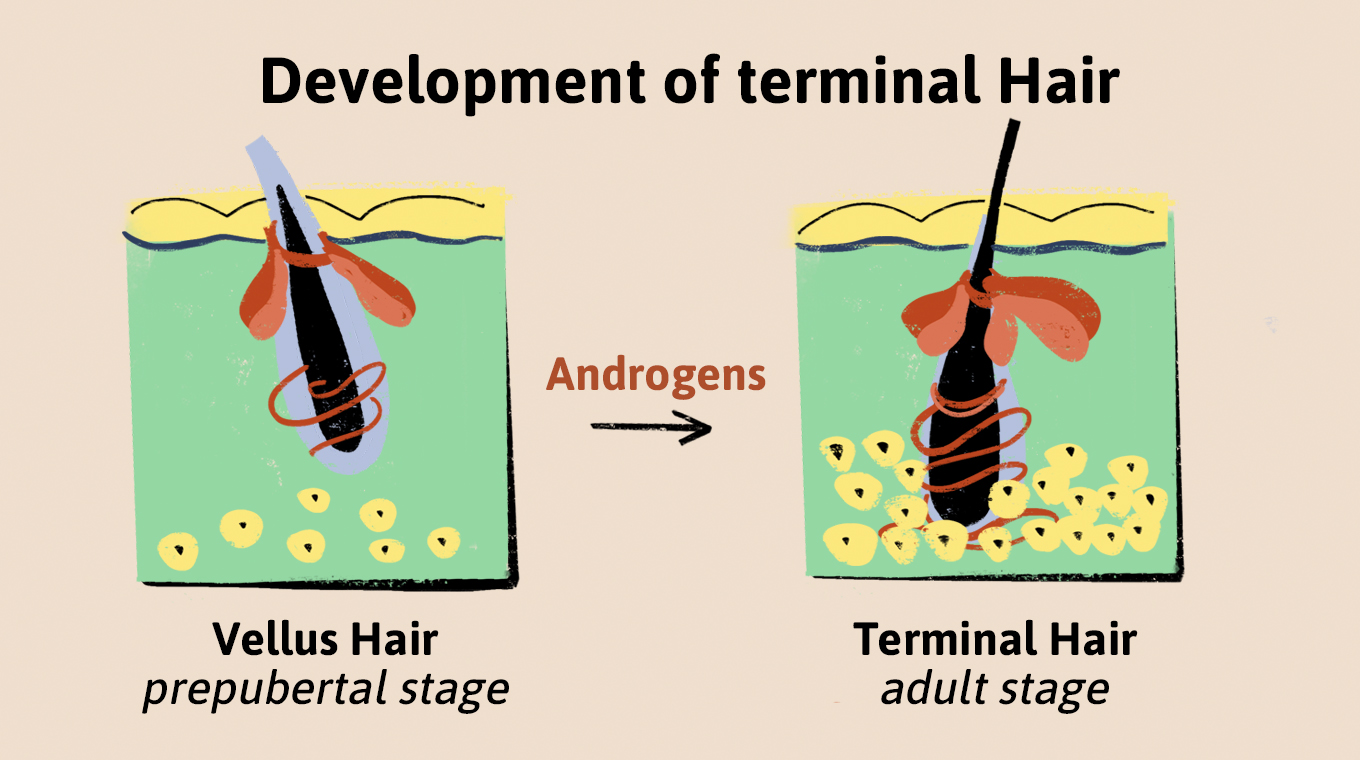
It is normal to have both hormones present, but sometimes an imbalance can cause hair growth in areas usually designated for men.
Moreover, an abundance of male hormones can also cause the hairs that grow to be thicker and more noticeable than if more estrogen is present.
Cause No. 3: Age
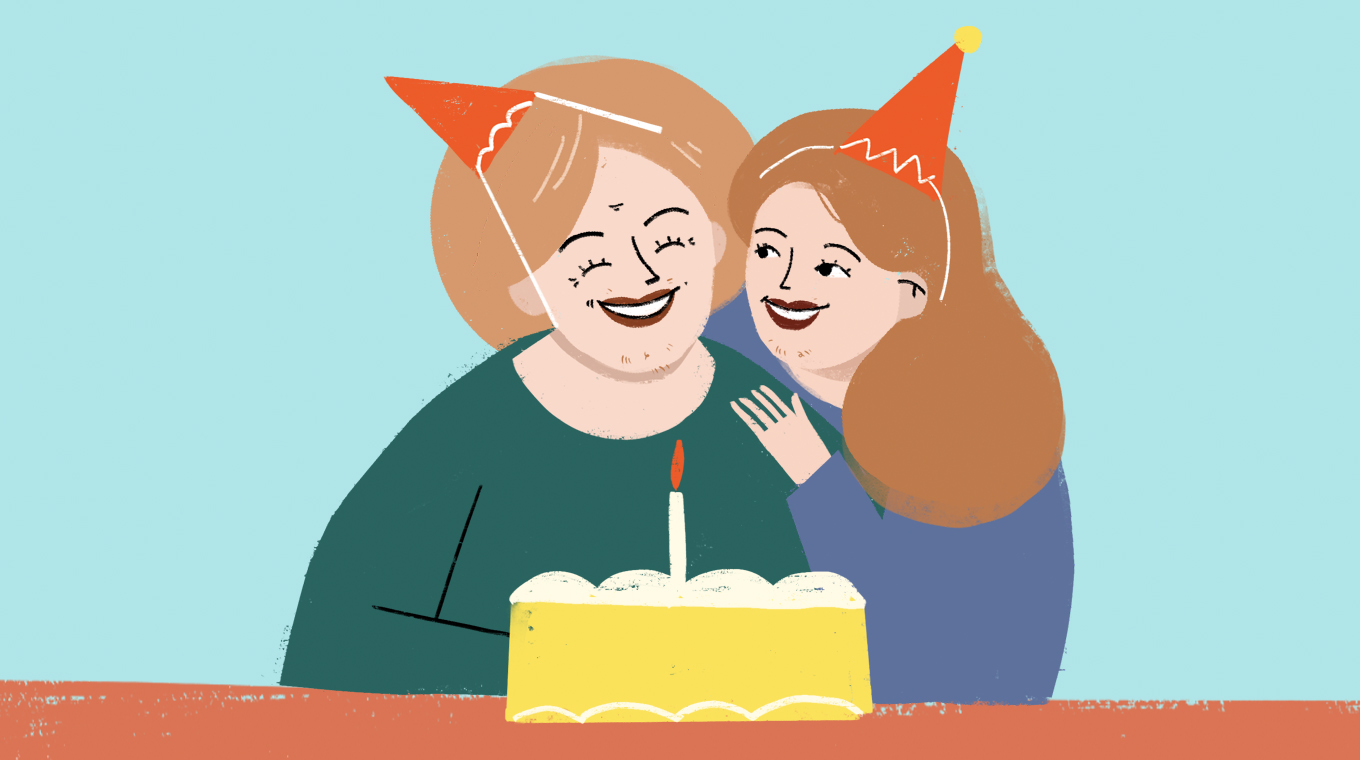
The balance of hormones in our bodies changes throughout our lives. At menopausal age, women begin to produce less estrogen. If your facial hair growth started around this phase in your life, it definitely has to do with the big changes your body is going through.
You might see it stabilize over time, or you might find that you need to do a little more plucking to keep things smooth.
Cause No. 4: Polycystic Ovary Syndrome
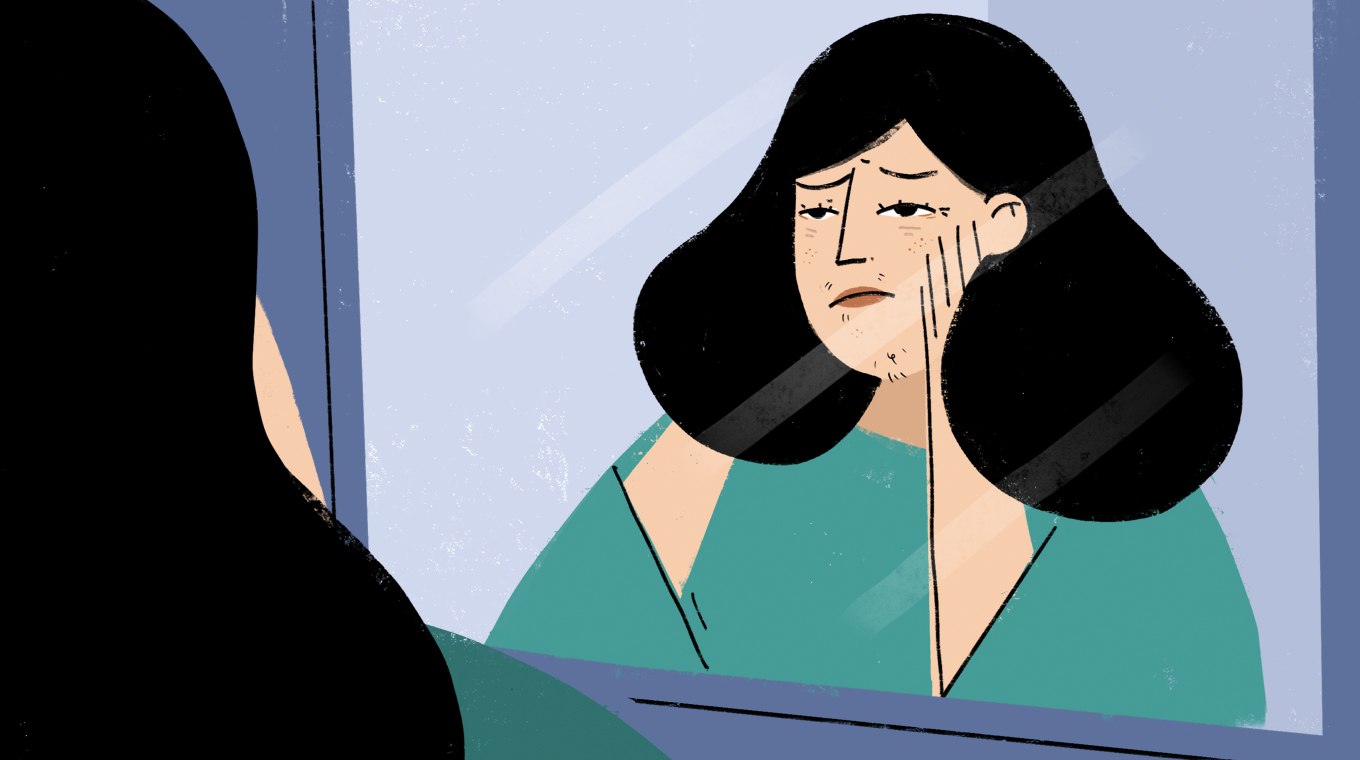
If age doesn’t explain hair on your chin, it could be due to a condition called polycystic ovary syndrome, or PCOS. PCOS can have a profound impact on your reproductive health and your hormones.
The symptoms include irregular periods, trouble losing weight, infertility, and ovarian cysts.
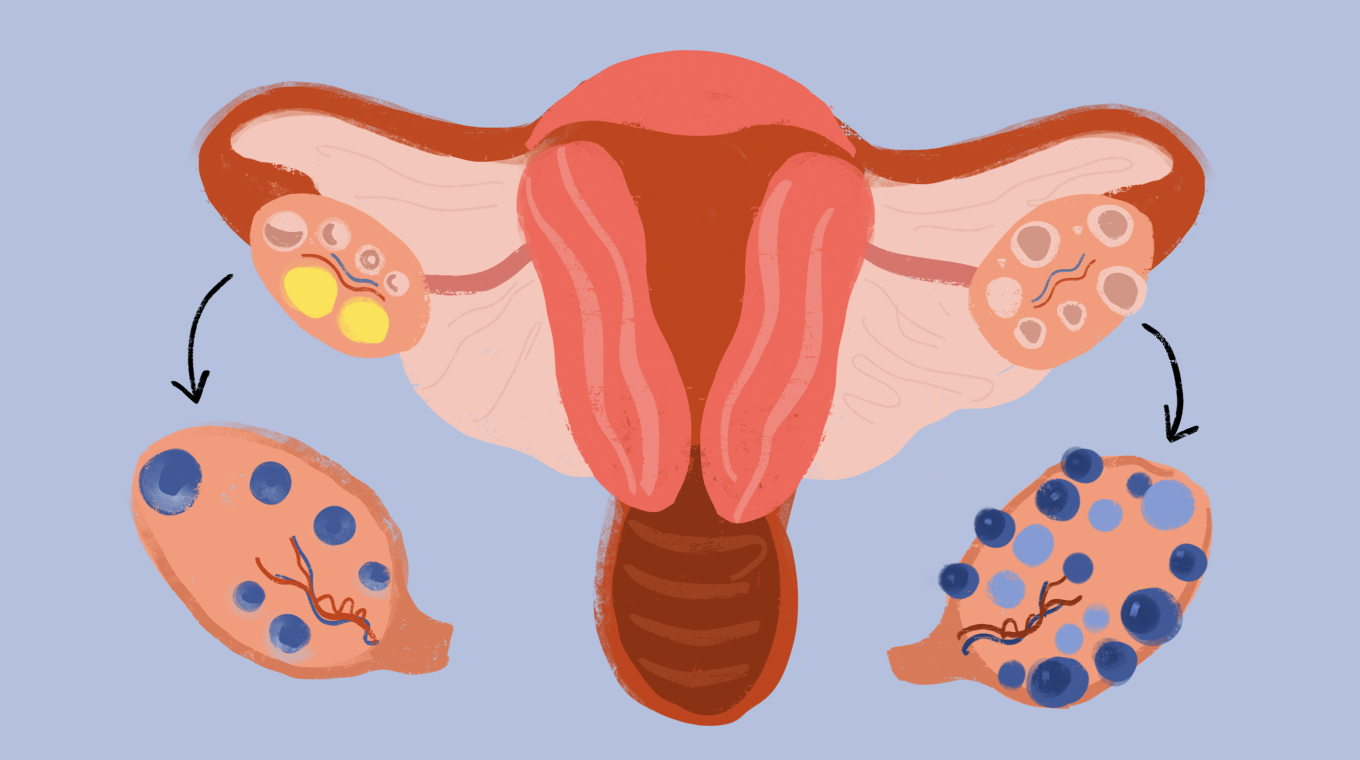
PCOS is usually characterized by ovarian cysts, which interfere with what is considered to be normal levels of estrogen production.
Hirsutism is another side effect, so women with PCOS might discover more whiskers on their chin and jawline.
If those symptoms describe you, talk to your doctor about the possibility of PCOS.
Cause No. 5: Cushing Syndrome

Excess chin hair can sometimes be linked to a condition called Cushing’s syndrome, according to the National Adrenal Diseases Foundation. This particular condition is caused by overexposure to the stress hormone cortisol.
Either your adrenal glands are producing too much on their own or their production is being accelerated by certain arthritis or asthma medications.
Excess hair is just one symptom of the condition, which is also characterized by stretch marks, weight gain, and in some cases type 2 diabetes.
Talk to your doctor if you suspect you have symptoms.
Cause No. 6: Congenital Adrenal Hyperplasia
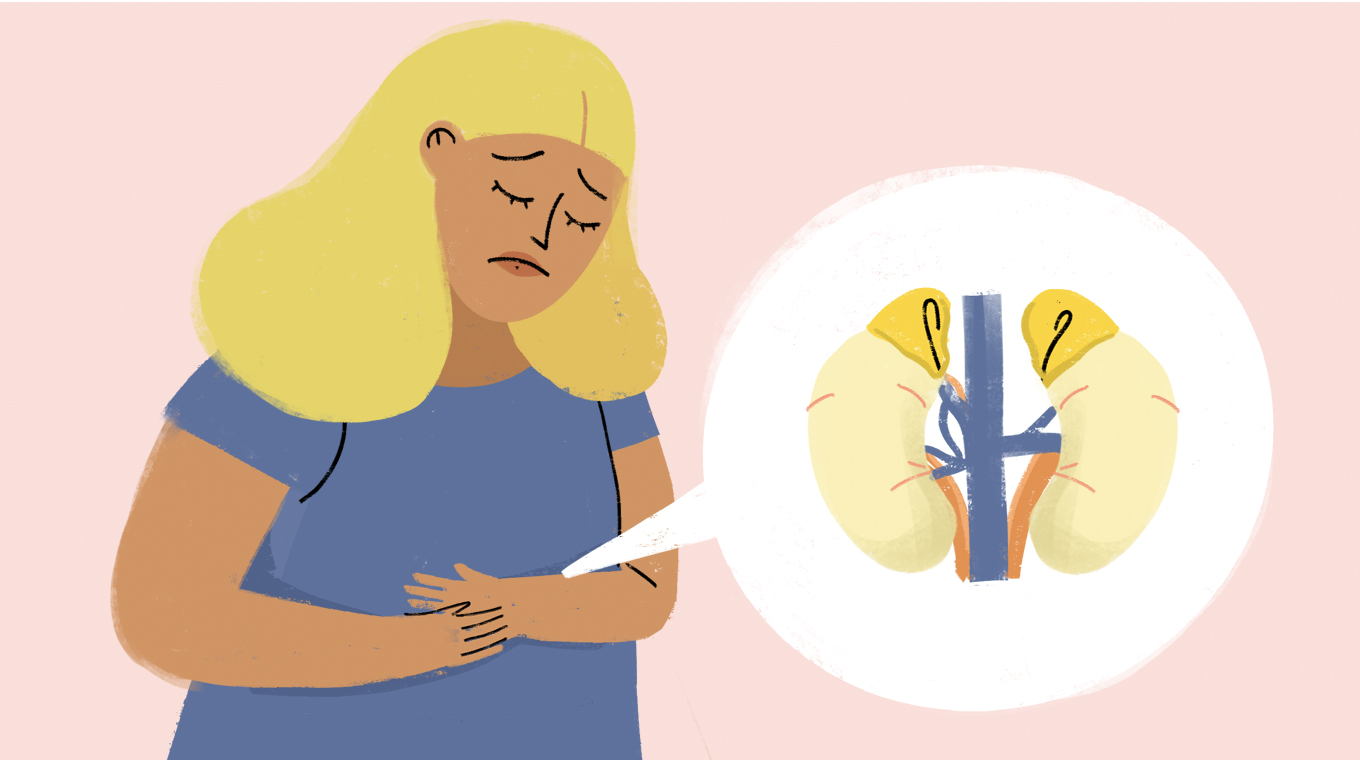
Some chin hair is caused by congenital adrenal hyperplasia, a condition typically diagnosed at birth. According to the National Library of Medicine, this birth defect occurs in about one in 10,000 to 18,000 children.
People with this condition are missing an essential enzyme that secretes hormones from their adrenal glands. As a result, the body produces more male hormones, which triggers the growth of extra facial hair.
Cause No. 7: Pregnancy or Birth Control
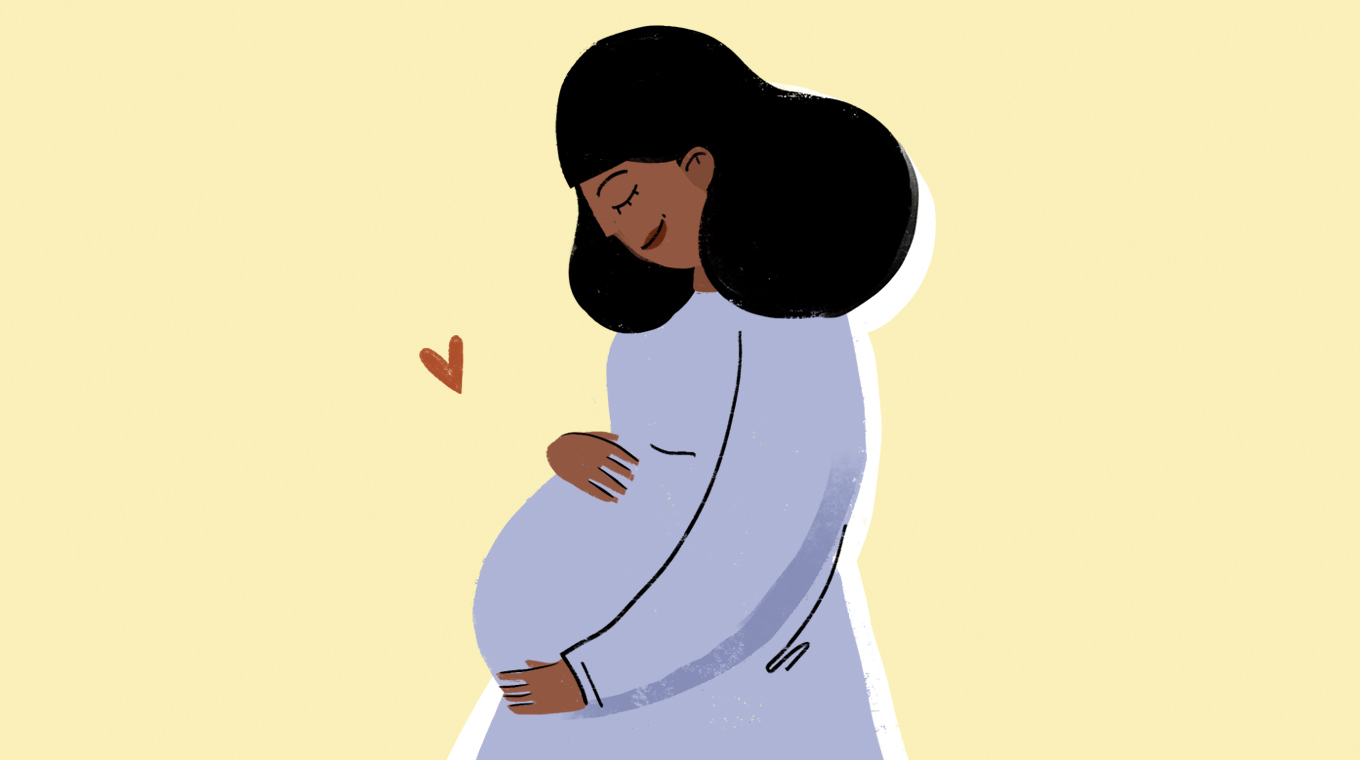
One of the biggest hormonal changes a woman’s body can go through is pregnancy.
Some unusual or excessive chin hair growth is nothing to be alarmed about for a pregnant woman.
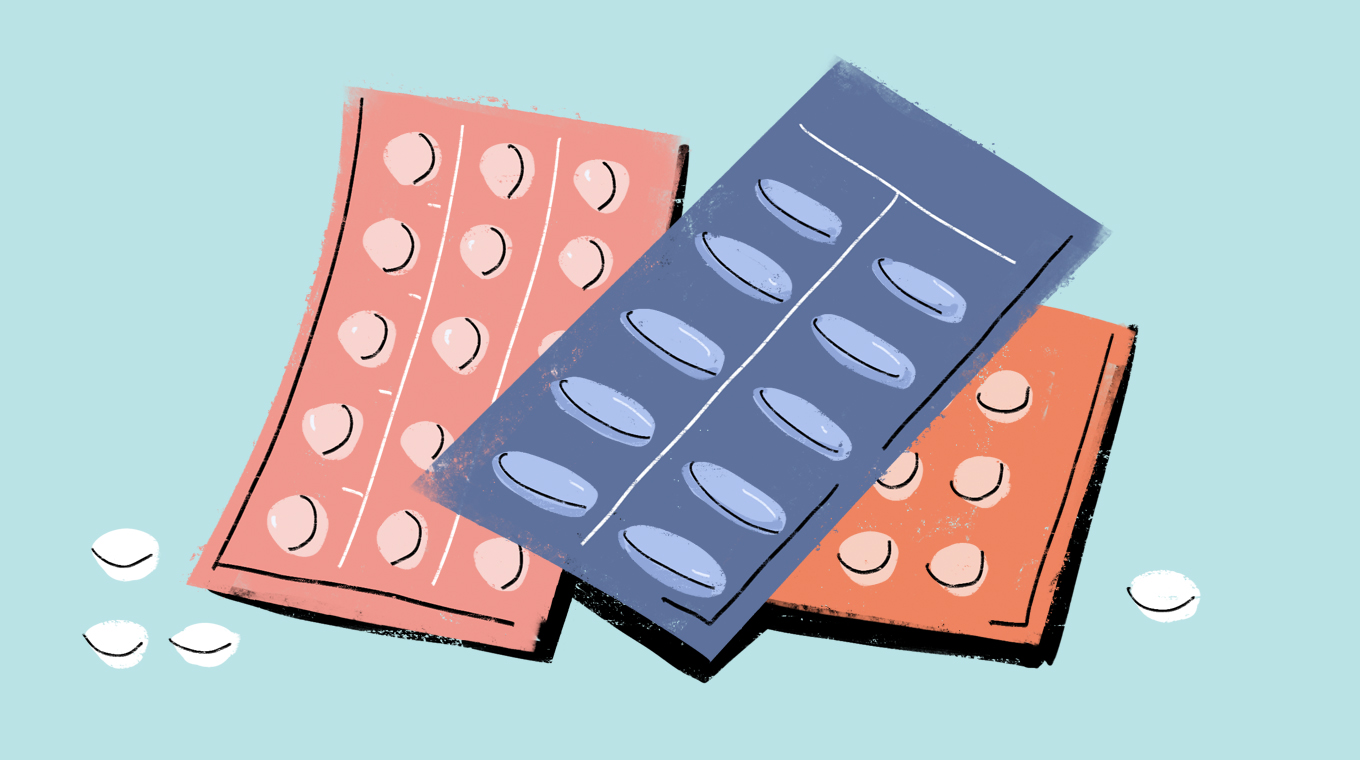
Similarly, women using hormonal birth control might experience unusual hair growth due to the change that their body is undergoing.
These hormonal shifts are usually temporary, and the extra chin hair goes away when your body chemistry rebalances.
How Can You Get Rid of Unwanted Chin Hair?
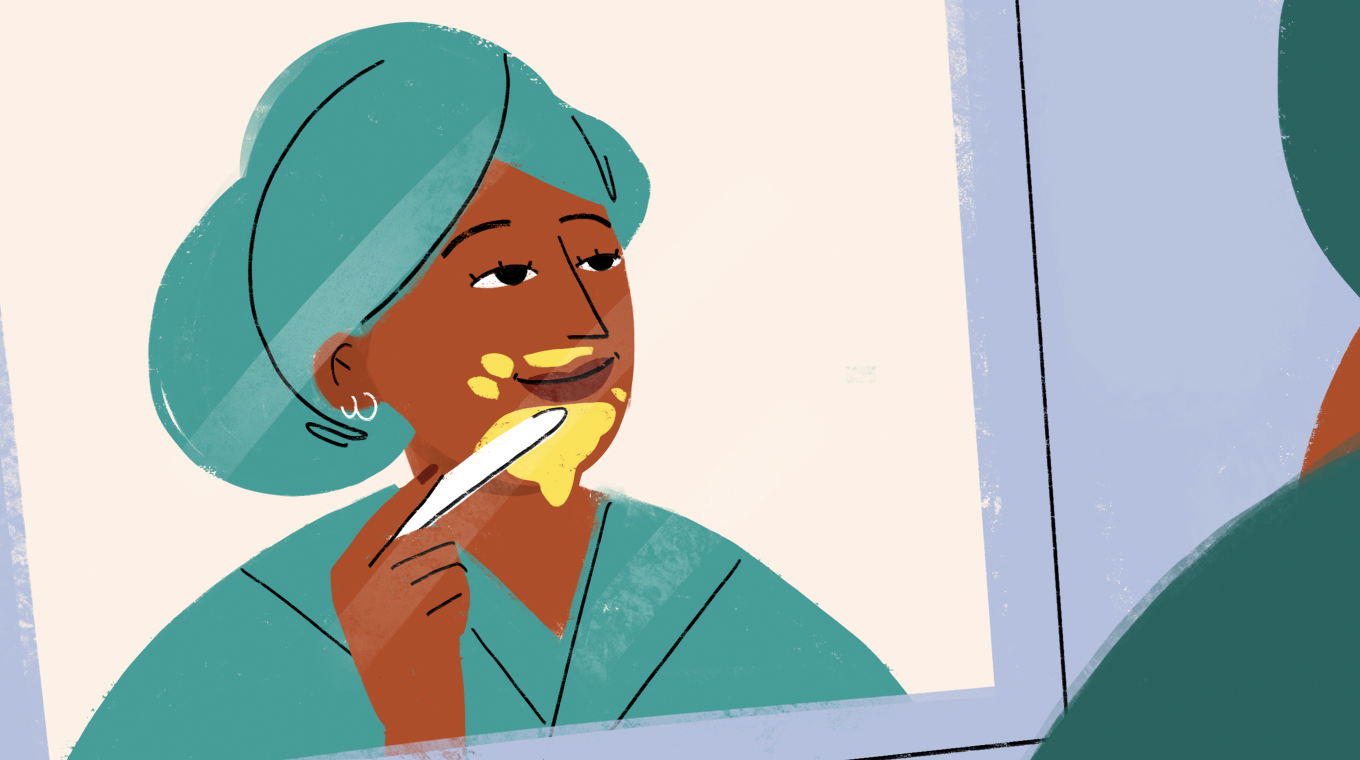
For many women, facial hair can help diagnose a serious illness. Still, that doesn’t mean we want to leave it on our faces!
The easiest way to remove chin hair is by simply plucking it, bleaching it, or waxing it off.
More long-term solutions may involve laser removal or, for someone with a hormonal condition, speaking with a doctor about achieving a better balance.
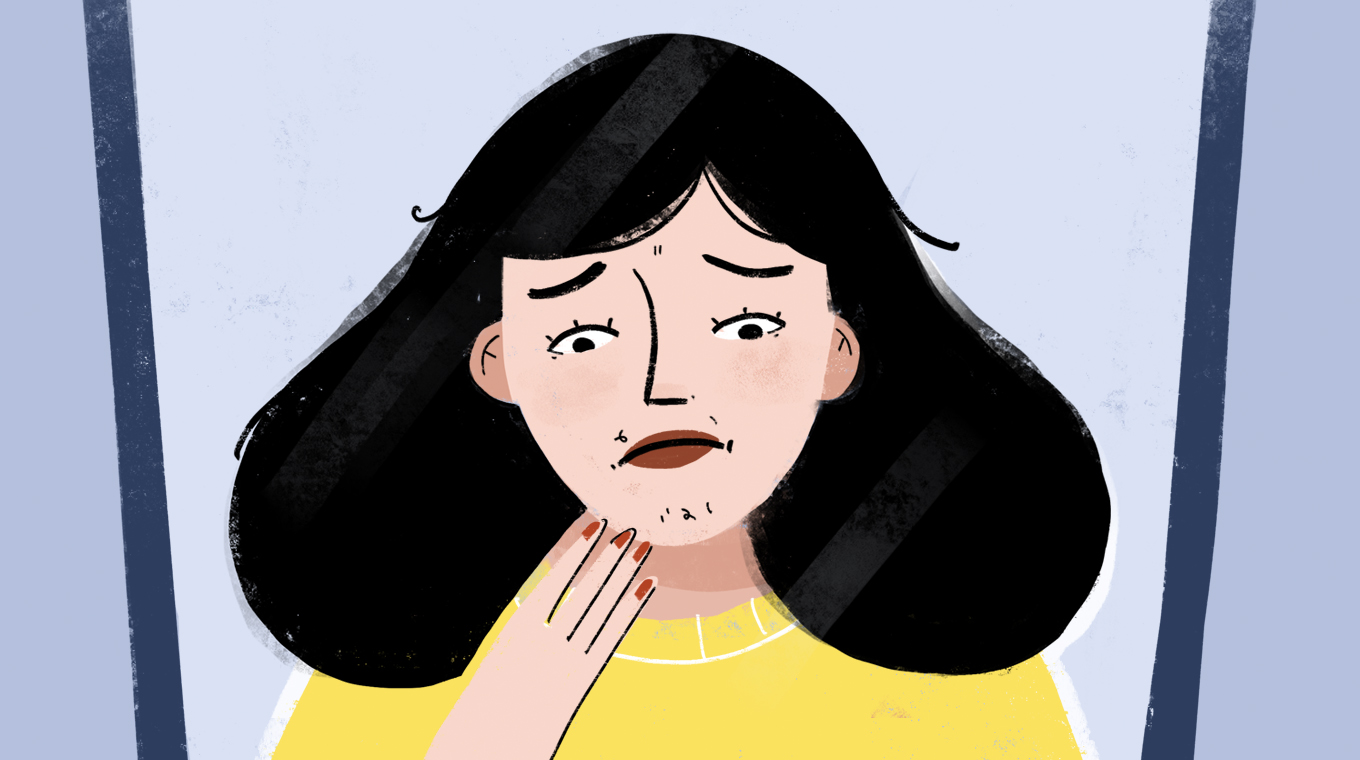
Of course, don’t just pluck off the chin hair and move on if there’s a possibility you have a more serious condition. Go to a doctor! Sometimes, a bristly hair is your body’s best way of alerting you to a dangerous problem.


